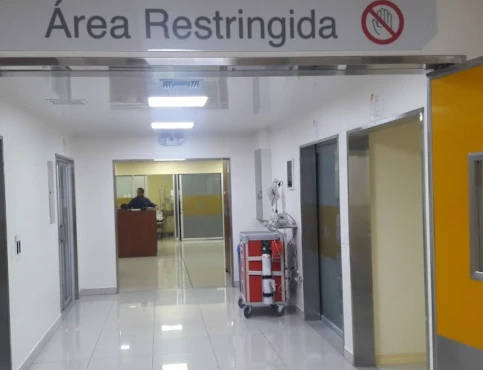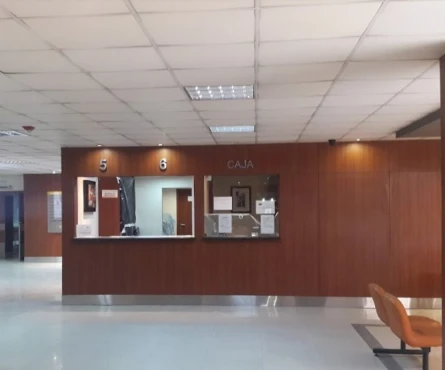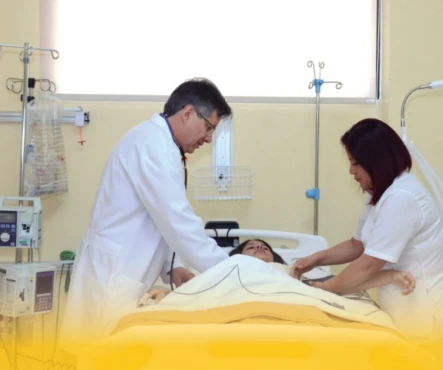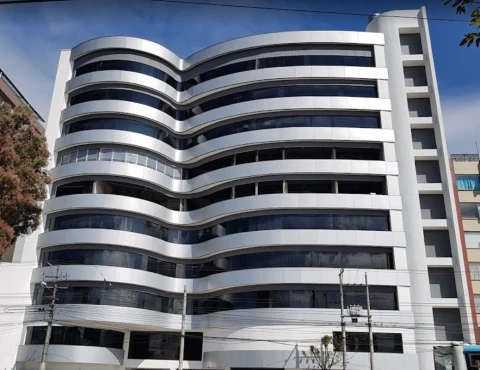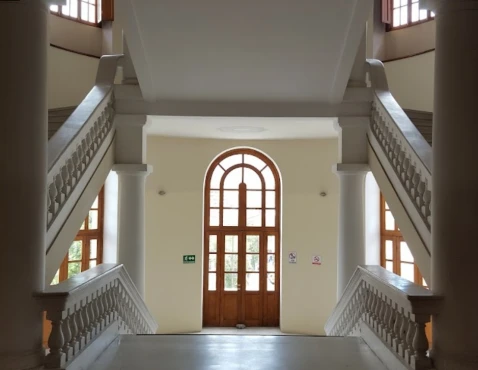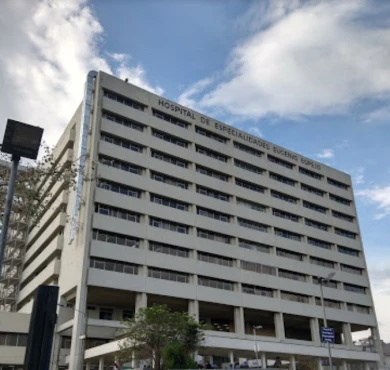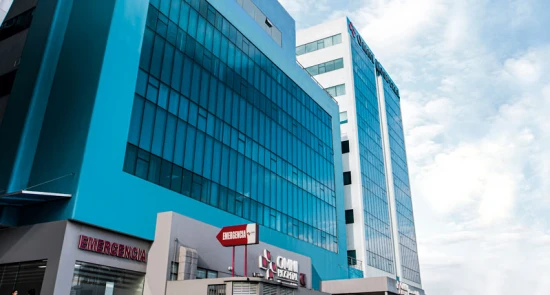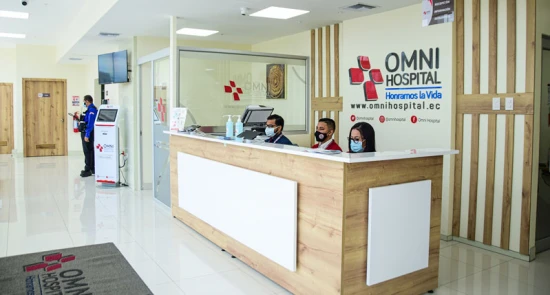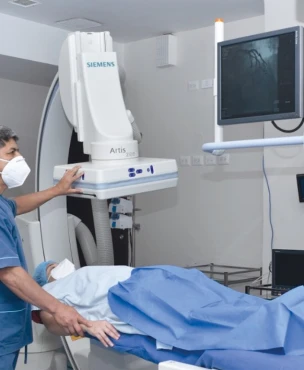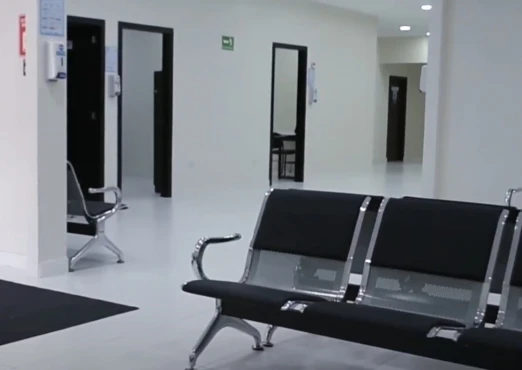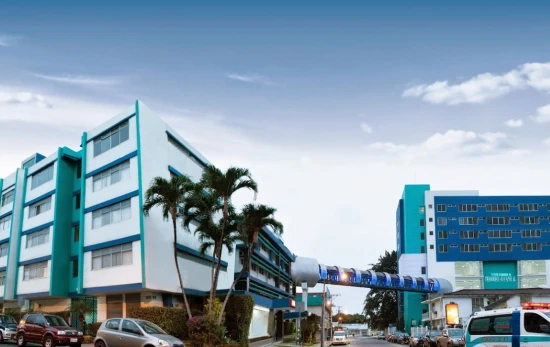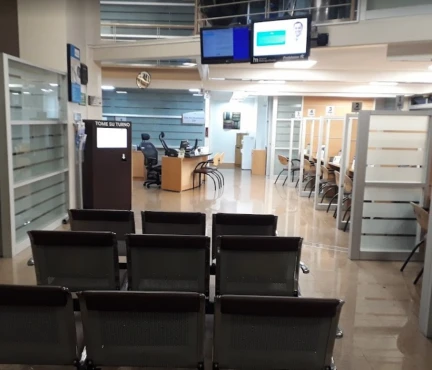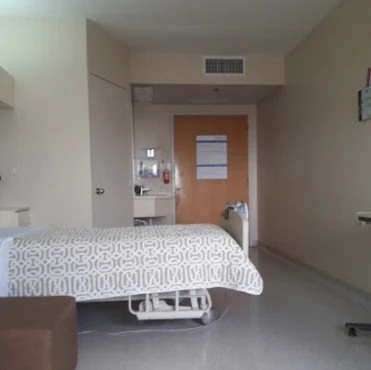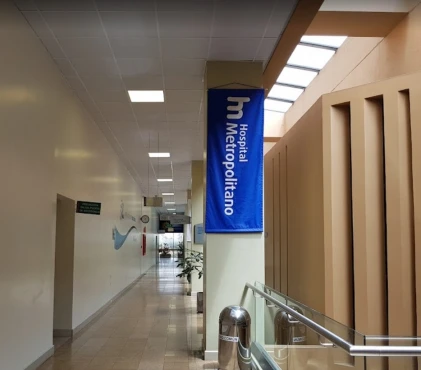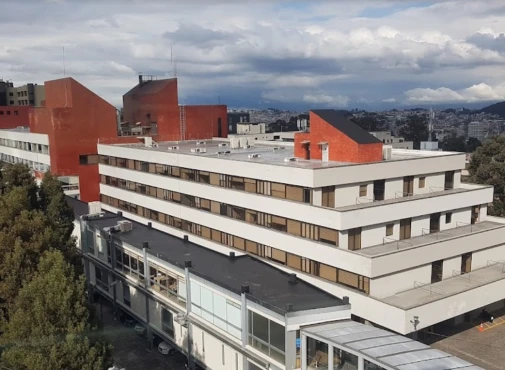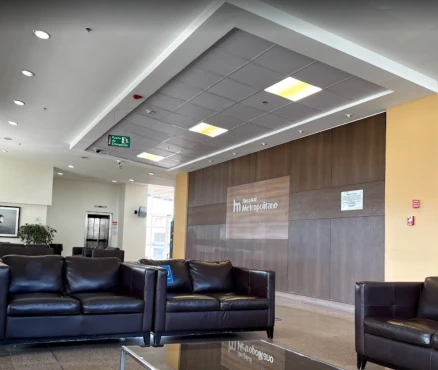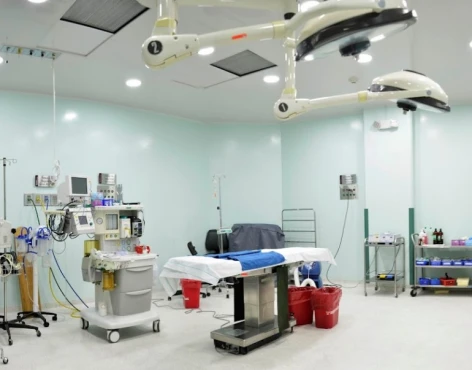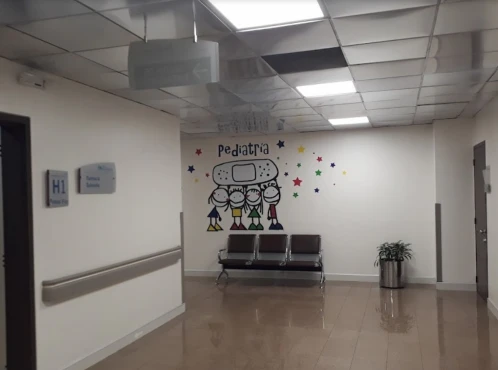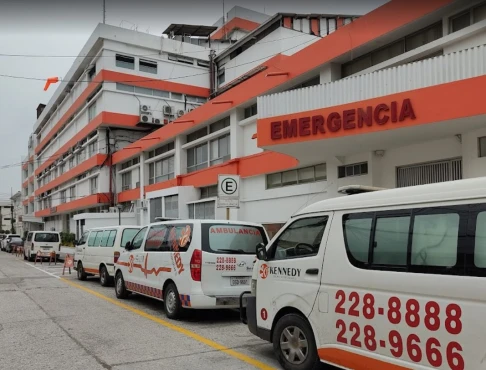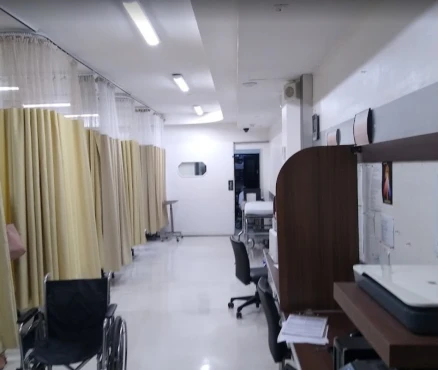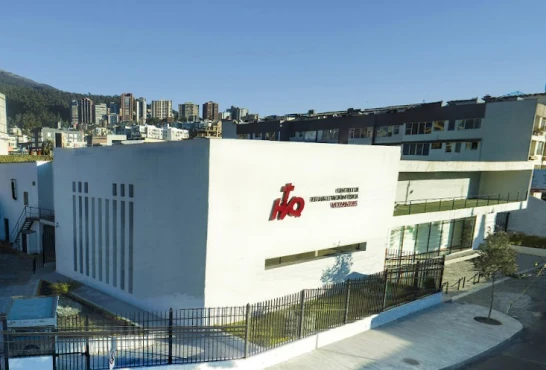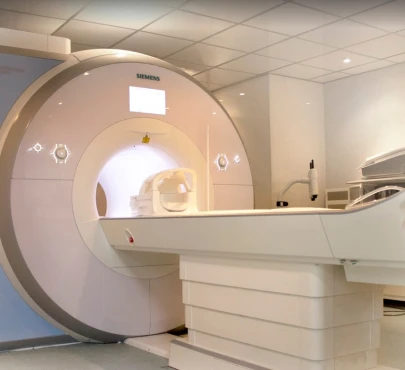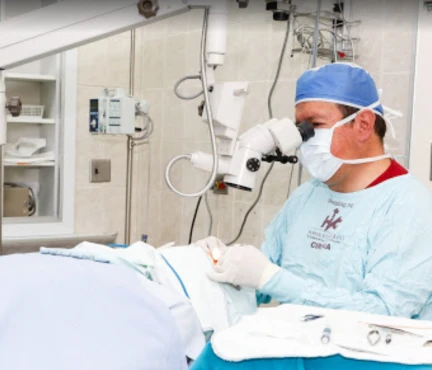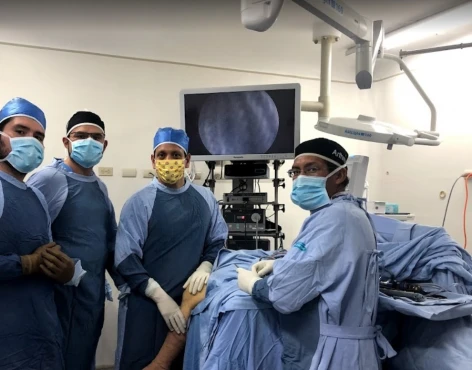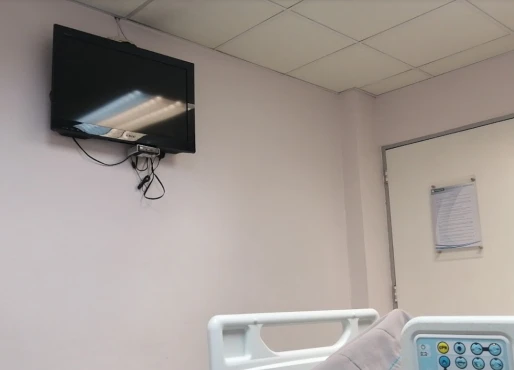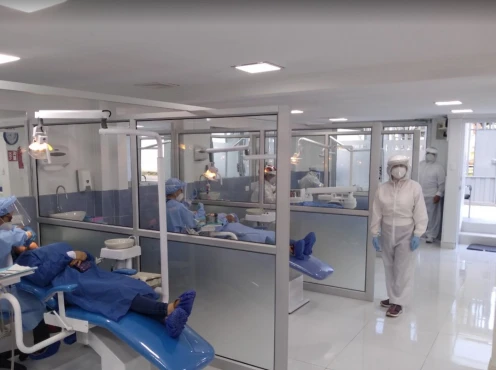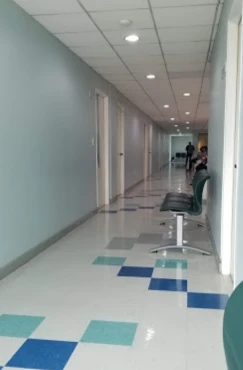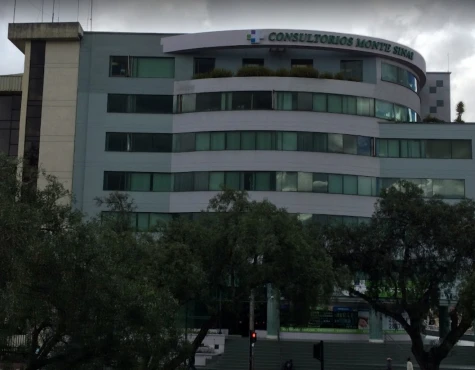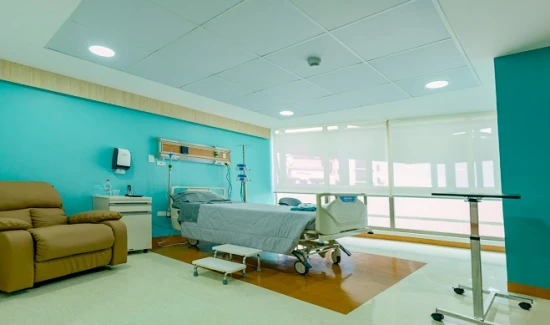End-stage heart failure treatment in 9 Cardiac surgery and Thoracic surgery clinics in Ecuador
9 clinics specializing in Cardiac surgery and Thoracic surgery providing treatment of
End-stage heart failure
End-stage heart failure is the advanced and irreversible stage of heart failure where the heart's pumping function is severely impaired, leading to debilitating symptoms and necessitating advanced medical interventions or heart transplantation.
Read more...
disease in Ecuador.
Sorted by:
Relevance
Rating
Relevance
Prices for popular procedures:
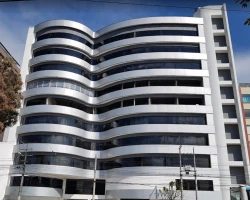
Quito, Ecuador
Specializations: Cardiac surgery, Vascular surgery, Thoracic surgery, Neurosurgery, Spine surgery, Orthopedic surgery, Oncology
We are the materialization of the dream of a group of enterprising doctors, committed to building a different hospital, with an organizational structure drawn horizontally
read more
Prices for popular procedures:
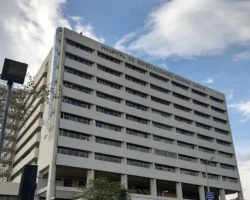
Quito, Ecuador
Specializations: Cardiac surgery, Vascular surgery, Thoracic surgery, Neurosurgery, Orthopedic surgery, Oncology
At the Eugenio Espejo Specialty Hospital, we work under a comprehensive humanistic philosophy, thus fulfilling the mission of providing quality and friendly health services in
read more
Prices for popular procedures:
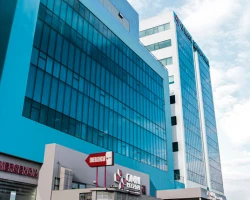
Guayaquil, Ecuador
Specializations: Cardiac surgery, Thoracic surgery, Neurosurgery, Orthopedic surgery, Oncology
Languages: English
OMNI Hospital opens its doors in Guayaquil on March 3, 2009 with an innovative hospital proposal, aimed at providing top quality services with excellent infrastructure,
read more
Prices for popular procedures:
Prices for popular procedures:
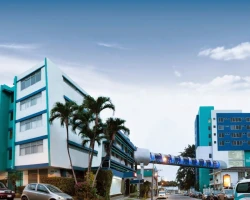
Guayaquil, Ecuador
Specializations: Cardiac surgery, Vascular surgery, Thoracic surgery, Neurosurgery, Spine surgery, Orthopedic surgery, Oncology
Languages: English
The Alcívar Hospital was founded on Thursday, November 25, 1937. It was originally called the Alcívar-Esteves Clinic, as it was directed by Dr. Eduardo Alcívar
read more
Prices for popular procedures:

Quito, Ecuador
Specializations: Cardiac surgery, Vascular surgery, Thoracic surgery, Neurosurgery, Spine surgery, Orthopedic surgery, Oncology
Languages: English
At Hospital Metropolitano we work with QUALITY, continuously improving our services. We constantly innovate processes, equipment and infrastructure to meet the needs and expectations of
read more
Prices for popular procedures:
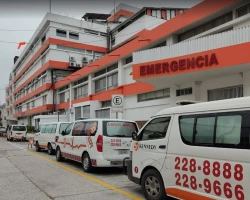
Guayaquil, Ecuador
Specializations: Cardiac surgery, Vascular surgery, Thoracic surgery, Neurosurgery, Spine surgery, Orthopedic surgery, Oncology
We are a Hospital Group that provides medical and diagnostic services, supported by state-of-the-art equipment. We offer quality care with warmth, professionalism, experience and security.
read more
Prices for popular procedures:
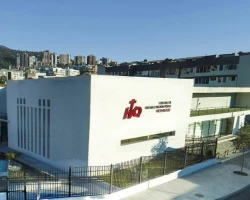
Quito, Ecuador
Specializations: Cardiac surgery, Vascular surgery, Thoracic surgery, Neurosurgery, Spine surgery, Orthopedic surgery, Oncology
Languages: English
We are commited to quality and patient safety. To do this, with the leadership of Senior Management, we work towards the continuous improvement of processes,
read more
Prices for popular procedures:
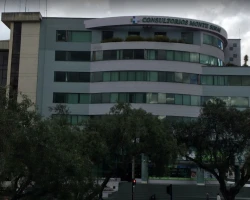
Cuenca, Ecuador
Specializations: Cardiac surgery, Vascular surgery, Thoracic surgery, Neurosurgery, Spine surgery, Orthopedic surgery, Oncology
The Monte Sinaí Hospital is currently the largest Medical Center in the Austro in terms of infrastructure; We have more than 350 offices where more
read more
Clinics grouping by rating
Clinic with the highest rating of 4.3 — OMNI Hospital in Guayaquil, Ecuador, clinic with the most reviews number of 344 — Hospital Vozandes Quito in Quito, Ecuador.
With rating 4.0 and over — 6 clinics .
Countries with the highest number of clinics treating the diseases:
End-stage heart failure:
worldwide
561 clinics
Brazil
38 clinics
India
38 clinics
Germany
27 clinics
Turkey
26 clinics
Colombia
24 clinics
Related procedures:
Procedures are likely to be used for End-stage heart failure treatment:
Combined heart-lung transplantation,
Heart transplantation,
and
Ventricular assist device (LVAD, RVAD, BVAD) implantation
.
